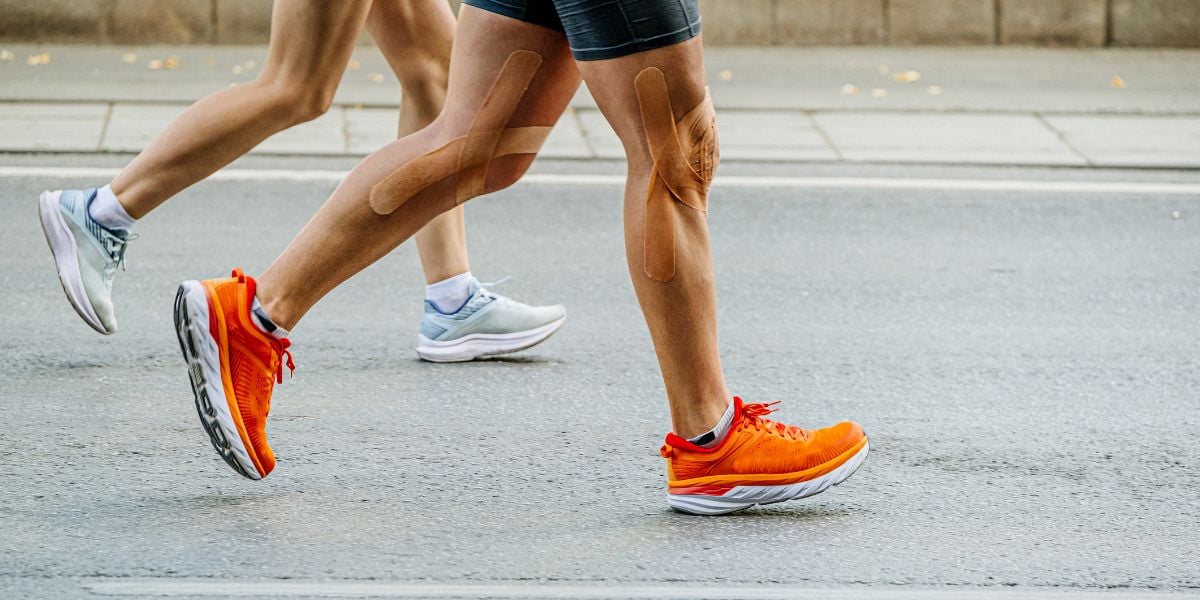Walking may be one of the most basic forms of exercise but it’s also a very effective form of activity for helping to reduce blood glucose levels.
We take a look at how walking can help, the evidence provided by research, and provide tips on how you can get more strides into your day.
Walking off stubborn high sugar levels
Walking can also be useful for lowering blood sugars that are staying stubbornly high as a result of stress or mild illness such as colds.
If you are on insulin and find it difficult to reduce blood glucose despite increasing your insulin doses, you may find that a period of walking is helpful for getting your glucose levels back closer to normal levels.
Note that if you are on insulin, you should test your sugar levels regularly after walking to ensure your blood sugars do not go too low.
Walking more
Rather than thinking about walking as an inconvenience, it’s better to view walking as a convenience – that is a convenient way to keep our metabolism active.
Whilst many of us may feel we have difficulty in getting enough physical activity into each day, getting more activity into our day is often a matter of adjusting priorities.
Here are some simply ways to increase the amount of walking you do:
- Deliberately park your car further away from the shops
- For shorter journeys, walk instead of using the car or other transport
- Use stairs where possible
- Get off the bus, tram or tube train a stop or two early
- Take a break from your computer every hour for a short stroll – even a short break to stretch your legs has been shown to be better than nothing
- Take walks after meals, particularly if your after meal glucose results are often on the high side
- Move around, where possible, during phone calls
- Move around during TV breaks or, better still, take a walk instead of watching TV
- Make walking a regular family activity
- Make a point of regularly visiting local parks or attractions
Research on the effects of walking on diabetes
Research studies have shown that walking can be beneficial in bringing down blood glucose and therefore improving diabetes control. [96]
In a study involving people with type 1 diabetes, participants were assigned to either take a 30 minute walk after eating or have the same meal but remain inactive.
The results showed that participants who walked after meals experienced around a 4.5 mmol/l peak increase in glucose levels. By comparison, the participants that did not walk after meals experienced around 7 mmol/l peak increase after meals. The peak results occurred between 1 and 1.5 hour after eating.
A reduction in post meal glucose levels was also experienced in non-diabetic participants and so people with other types of diabetes, such as type 2 diabetes or gestational diabetes, can also expect to experience significantly improved glucose levels following a period of walking.
Parkrun
Parkrun is a series of 5k runs held on Saturday mornings around the UK which became extremely popular in the mid 2010’s. Olympians, juniors and those just looking for a social walk are welcome equally, and events are free to attend.
Doctors and low carb enthusiasts are recommending parkrun to patients as an adjunct to eating a healthy diet, with Dr Simon Tobin from Norwood Surgery Southport in Merseyside claiming parkrun is a “ win-win situation ” because his patients are healthier and happier and less likely to develop diabetes-related complications.








